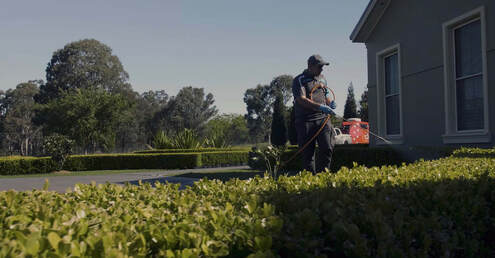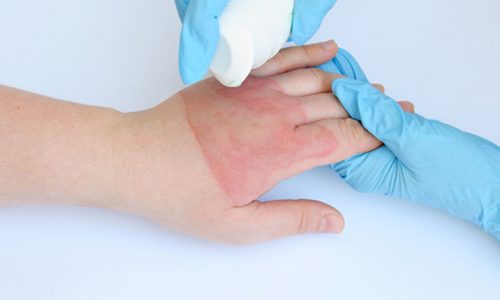
There are many different ways to control pests on your property. The two main types of treatments are herbicides and fungicides. There are also other options to try, such as using natural methods. Regardless of your choice, it is important to do your research before treating your property. If you have questions pesticides, the professionals at Edmond Pest Control service are the ones who can help.
DDT
DDT is a pesticide that kills insects harmful to agriculture or livestock. It is also used to control malaria, which causes many deaths yearly.
There are a lot of questions about the use of DDT. This insecticide has been banned in some countries but is still used in other regions. Although it is effective at killing insects, it has also caused a host of health issues in both humans and animals.
As with any chemical, there is a risk of exposure to high doses. The effects of a high amount of DDT are reversible.
Herbicides
A pesticide is a chemical used to control plant and animal life. It can be a liquid, granule, or powder. In general, a pesticide contains insects, plants, or fungi. They are often used for pest management or disease transmission prevention. Some pesticides are toxic, causing serious health effects in humans.
Herbicides are pesticides that are applied to kill weeds or other unwanted plants. Some herbicides include chlorophenoxy herbicides, photosynthetic inhibitors, fungicides, and cell membrane disrupters.
Herbicides are generally considered to be safe. However, their mode of action and the chemicals involved can affect their effectiveness.
Fungicides
Fungicides are used to prevent, control, and treat fungal diseases of plants. Fungal pathogens are the primary cause of crop losses worldwide. Insects can also attack crops, especially in areas with dense crops. Integrated pest management protocols include fungicide applications.
There are many different types of fungicides. Each is designed to combat a different kind of fungal disease. It is important to choose the right product for your needs. A fungicide’s mode of action (MOA) will tell you how it works. The best information comes from the product label.
Defoliants
Defoliants are used in several ways, including selective removal of weeds, lawn management, and cropland maintenance. The most common applications involve the use of pesticides in lawns and gardens, mainly as a means to prevent weeds from taking over the property. A similar approach is employed in agriculture by using herbicides to keep out weeds that might be cropping or livestock hazard. Besides the obvious, another method is using chemical pesticides, a process known as aerial spraying. In this scheme, the chemicals are sprayed in small quantities over a designated area in the field, which is often automated.
Organophosphates
Organophosphates are a class of chemical compounds used as insecticides. These pesticides are used primarily in agriculture and home gardens. They are often sprayed on crops, plants, and animals.
Organophosphates are produced through a series of reactions between phosphoric acid and alcohol. The effects of these chemicals include nausea, vomiting, and loss of appetite. They are toxic to humans.
The symptoms of organophosphate poisoning begin within hours of contact. Affected people may develop headaches, dizziness, watery eyes, and vomiting. In more severe cases, they can experience a choking sensation, coma, and seizures.
Carbamates
Carbamates are organic compounds that are used in a wide variety of industries. They have a range of uses in agriculture, chemistry, pharmaceuticals, and medical research. In addition, they have been used as pesticides.
Carbamites are used as pesticides, fungicides, and herbicides. These chemicals are also used as veterinary medicines. Several carbamates are listed as human drugs.
Carbamates are a major class of pesticides. They are classified as endocrine-disrupting chemicals. Many of these pesticides are highly toxic to human and animal systems. Their adverse effects can include chronic toxicity and death. During the past 10 to 20 years, the use of these products has decreased significantly.
Alternative techniques
Alternative techniques to pesticides are methods to control pests that are less harmful to the environment and the human population. These include natural Pest Control Edmond OK spraying during the evening or early morning and using insecticides that do not contain toxins.
The first step in creating an alternative technique is understanding the use of pesticides and their effects on the environment and human health. In addition, alternative methods must be developed in partnership with farmers.




